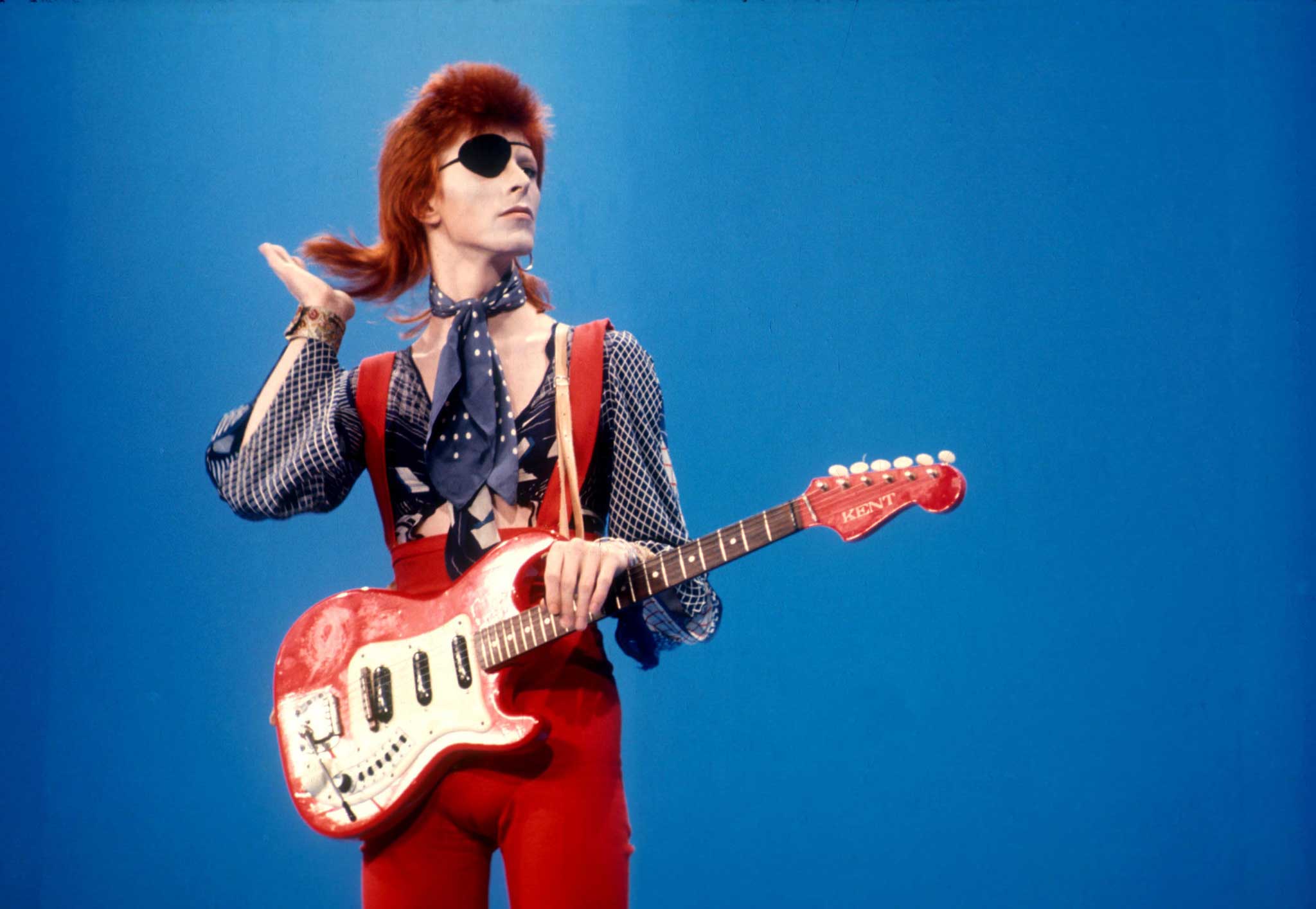Bowie made mistakes. That's part of what made him so magical
He makes me nostalgic for the era when dressing up to go out to a club could take a whole day


Your support helps us to tell the story
From reproductive rights to climate change to Big Tech, The Independent is on the ground when the story is developing. Whether it's investigating the financials of Elon Musk's pro-Trump PAC or producing our latest documentary, 'The A Word', which shines a light on the American women fighting for reproductive rights, we know how important it is to parse out the facts from the messaging.
At such a critical moment in US history, we need reporters on the ground. Your donation allows us to keep sending journalists to speak to both sides of the story.
The Independent is trusted by Americans across the entire political spectrum. And unlike many other quality news outlets, we choose not to lock Americans out of our reporting and analysis with paywalls. We believe quality journalism should be available to everyone, paid for by those who can afford it.
Your support makes all the difference.Usually an interview with a big star takes place in a carefully controlled environment, where minders and PR people are in control.
David Bowie was the exception. He decided that he would talk to me without anyone else present, as long as the filming took place in the last few minutes immediately before he went on stage at a huge gig at Earls Court, where tens of thousands of fans were screaming his name. It was around 1977.
We met in his dressing room, where he was completing his preparations, and after a preliminary chat about friends in common (my sister knew his makeup artist) we were filmed walking together right to the point where he stepped out in front of the crowd. I had about twenty minutes of his undivided attention, with no retakes. Bowie showed no nerves, just extremely good manners. The first thing he commented on when I arrived was we both had exactly the same colour hair - bright magenta. Back then, I was presenting the London Weekend Show, a current affairs series for young people which was shown on Sunday lunchtimes - and we’d made some well-received films with the Clash and the Sex Pistols, which is maybe why he agreed to meet.
Although we both knew the same stylists and club scenes, Bowie was always a complete enigma, cleverly pinching ideas from all over the place, using the comic-strip inspired clothes of Japanese designer Kansai Yamamoto (who staged a fashion show in the Kings Road which influenced a whole heap of people including Yves St Laurent) as the starting point for his Ziggy look.
From the start, Bowie understood perfectly that fans didn’t just want a pop song, they were desperate for the whole back story, the character, the journey that had brought him to this point. He created a series of parallel worlds inhabited by Ziggy and co, fantasies that told us it was good to be weird and different, to live out our secret dreams.
He was a social historian, a diarist and a cabaret artist – a man who catalysed British culture. Of course it didn’t all work, and he could be incredibly pretentious, but his legacy is huge, and artists like Lady Gaga owe him so much.
The last time we talked was a few years ago when he curated Meltdown at the Royal Festival Hall in London, after he had played a bit of a dreary set. Backstage he was as charismatic as ever, in spite of the cosmetic surgery and the new teeth. Because he said so little, he remained a magical character, someone you always wanted to know more about.
His music was the soundtrack to so many great times in my life, and when it was hot - the majestic anthem of Heroes, for example - you forgot all about the duds, and the terrible Tin Machine and ghastly staging of the Glass Spider tour.
The problem with the record industry is that these days artists have to have a hit or they are dropped. Bowie developed his ideas over several albums before he had chart success, and didn’t compromise. He was a perfect product of that time (the Seventies), and he makes me nostalgic for the era when dressing up to go out to a club could take a whole day- and your goal was to look like no one else.
You can mourn the ending of that particular joy, because in the age of reality TV, the Kardashians, cheap fashion and Instagrammed mundanity those days are never going to come around again. Now we see clones on every corner, and aspirations are pitifully mundane. As Bowie put it “we can be heroes, just for one day”. He offered a beacon of hope to misfits and contrary people and will be missed.
Join our commenting forum
Join thought-provoking conversations, follow other Independent readers and see their replies
Comments